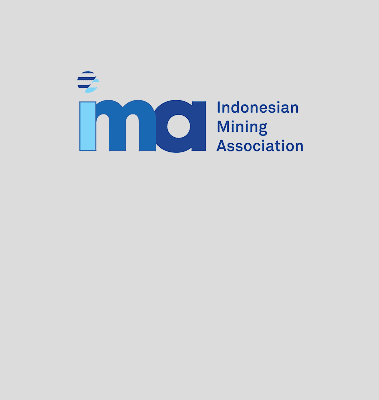THE SHIFT from exporting raw minerals to industrializing the downstream mining sector has significantly impacted Indonesia’s economy, Energy and Mineral Resources Minister Bahlil Lahadalia said on Thursday.
The policy began with nickel, one of Indonesia’s most abundant natural resources, and in just a few years, it has transformed the country’s economic landscape, Bahlil said during the Outlook 2025 seminar hosted by Beritasatu in Jakarta.
According to data from the Energy and Mineral Resources Ministry, the industrialization policy has boosted nickel export values from $3.3 billion in 2017 to $33.5 billion in 2023.
The domestic nickel industry has attracted $47.36 billion in new investment, created 180,600 new jobs, and contributed $34.1 billion to Indonesia’s exports.
“And this is from just one commodity,” Bahlil said.
Indonesia has enjoyed a surplus in its overall international trade for 56 consecutive months since May 2020.
Indonesia’s Growing Dominance in the Global Nickel Industry
Indonesia is the world’s largest producer and exporter of nickel, accounting for more than 40 percent of global nickel production. The country’s rich nickel reserves, primarily located in Sulawesi and Maluku, have positioned it as a key player in the global supply chain, particularly for electric vehicle (EV) batteries and stainless steel production.
The government’s ban on raw nickel exports, enforced in January 2020, has pushed foreign companies — especially those from China, South Korea, and the United States — to invest in domestic nickel processing and smelting facilities. Major companies like Tesla, CATL, and LG Energy Solution have expressed interest in securing nickel supply chains in Indonesia.
This policy shift has cemented Indonesia’s role in the global EV revolution, as nickel is a critical component of lithium-ion batteries used in electric vehicles.
A Long-Overdue Shift from Raw Commodity Exports
Bahlil argued that for decades, Indonesia has followed an economic model inherited from the Dutch colonial era, relying heavily on exporting raw materials. This dependency, he said, has made foreign countries “addicted” to cheap, unprocessed Indonesian resources.
While selling unprocessed commodities provided quick revenue in the early years after independence, Bahlil stressed that the policy was not sustainable and harmed long-term economic growth.
“How much longer do we have to run the economy like this? We need a trigger to bolster the economy, and the answer is industrialization in the downstream mining sector,” said Bahlil, who is also the chairman of Golkar, the second-largest party in the national legislature.
Started by SBY, Executed by Jokowi, and Strengthened by Prabowo
The push for industrialization began during the Susilo Bambang Yudhoyono administration, when major mining companies were required to build and operate smelters in Indonesia. However, it was President Joko “Jokowi” Widodo who aggressively enforced the policy, starting with nickel, despite facing opposition from Western economies that relied on Indonesian raw materials.
Bahlil confirmed that the industrialization model will expand to other key sectors, including forestry, fisheries, oil, and gas.
Under President Prabowo Subianto, the policy will not only continue but be expanded with even greater emphasis. Shortly after taking office in October 2024, Prabowo formed a special task force to oversee the policy’s execution and appointed Bahlil as its chairman.
“Next, the industrialization approach will be applied to bauxite and tin,” Bahlil said.
Sumber: jakartaglobe.id, 30 Januari 2025


